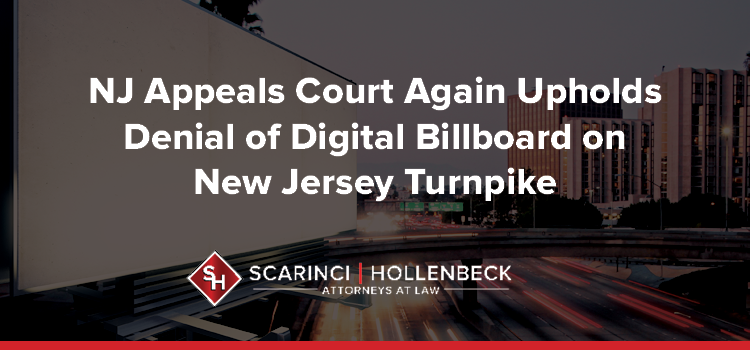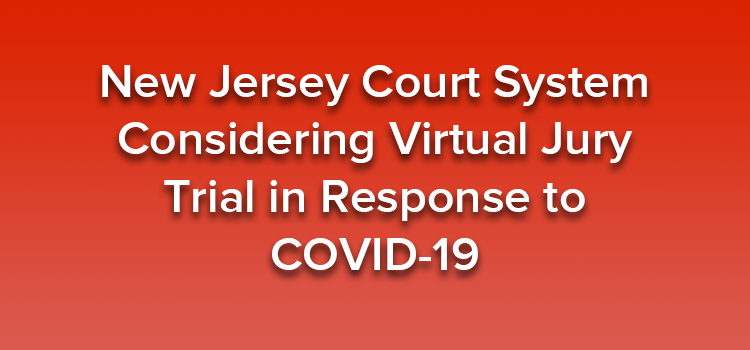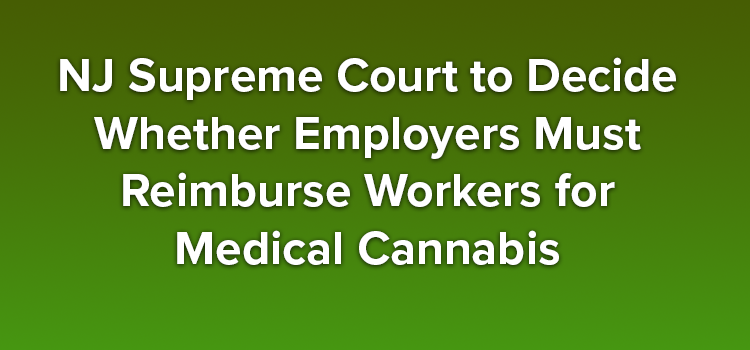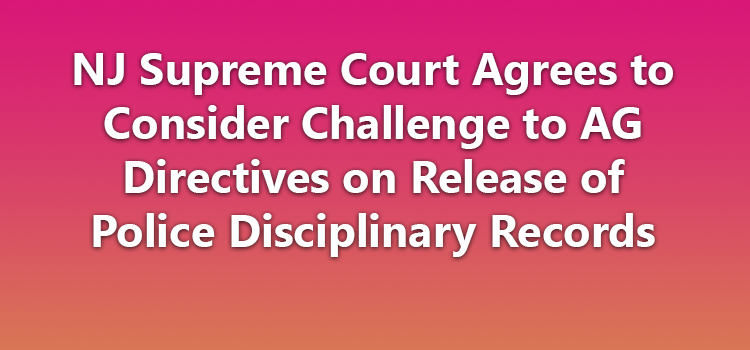NJ Appeals Court Again Upholds Denial of Digital Billboard on New Jersey Turnpike
Digital billboards continue to spur land use litigation in New Jersey. In Klein Outdoor Advertising, Inc. v. City of Jersey City Zoning Board of Adjustment, the Appellate Division of the New Jersey Superior Court upheld a zoning board’s decision to deny an application to construct a digital billboard on property








